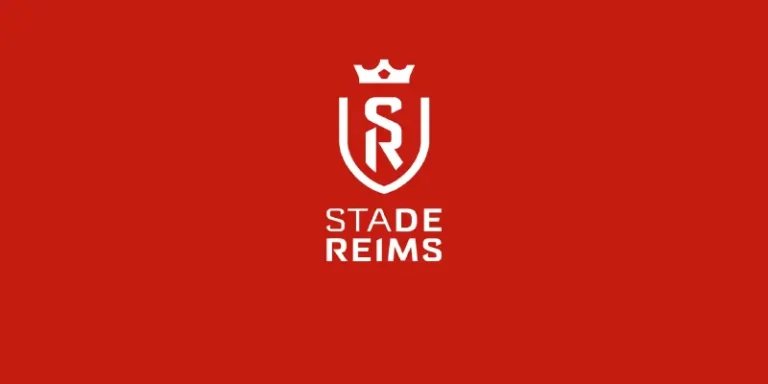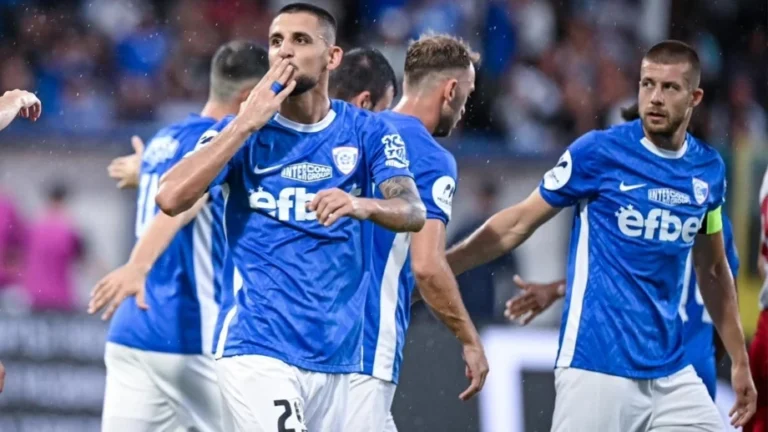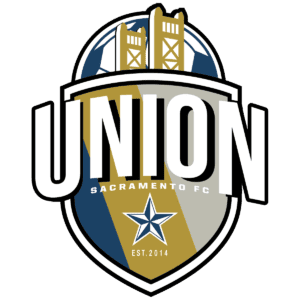
Pep Guardiola's Coaching Philosophy
Pep Guardiola is widely regarded as one of the most influential football managers of the modern era. His coaching philosophy transcends mere tactics, focusing instead on creating a vision where players feel empowered, systems are constantly evolving, and winning becomes a byproduct of excellence. This article delves into the various facets of Pep Guardiola’s coaching philosophy, exploring his tactical innovations, success stories, career journey, impact on clubs like Barcelona and Manchester City, player development, and his lasting legacy in football history.
Pep Guardiola’s Coaching Philosophy
Pep Guardiola’s coaching style is a blend of tactical brilliance, innovative ideas, and a motivational approach aimed at cultivating a winning mentality within his teams. Central to Guardiola’s philosophy is the idea of possession-based football, which emphasizes controlling the game through intelligent ball play and spatial awareness.
Fundamental Principles of Guardiola’s Philosophy
Guardiola’s coaching philosophy hinges on several fundamental principles.
Ball Possession At the heart of Guardiola’s approach is maintaining possession of the ball. He believes that controlling the game through ball possession allows teams to dictate the tempo and rhythm of the match. By achieving high possession rates, his teams can overwhelm opponents, reduce their chances of scoring, and create spaces for offensive maneuvers.
Movement and Spacing Another critical component of Guardiola’s philosophy is the emphasis on movement and spacing. Players are expected to maintain intelligent positions on the field to create passing lanes and avoid congestions. This requires exceptional understanding among players, allowing them to make split-second decisions while maintaining fluid rotations both offensively and defensively.
Tactical Flexibility Guardiola promotes a philosophy of tactical flexibility. Rather than adhering strictly to a single formation or tactic, he encourages adaptability based on the opponent’s strengths and weaknesses. This allows his teams to be unpredictable and challenging to defend against.
Holistic Player Development
Guardiola’s coaching philosophy extends beyond mere tactical awareness; it involves holistic player development.
Technical Skill Enhancement His training regimens focus heavily on improving technical skills, ensuring that players are comfortable and confident in ball control and passing. This is particularly significant for nuanced play, which is often required in tight spaces.
Mental Fortitude Moreover, Guardiola invests in fostering a strong mental attitude among players. He instills confidence and encourages a growth mindset where mistakes are viewed as opportunities for learning rather than failures. This psychological aspect becomes crucial during high-pressure moments in matches.
Leadership and Team Culture
At its core, Guardiola’s coaching philosophy strives to build a positive culture within the team.
Empowerment through Trust He cultivates a sense of trust within the squad, empowering players to voice their ideas and insights. This collaborative environment nurtures creativity and reinforces a sense of belonging among the players.
High Standards and Accountability Guardiola demands a high standard of performance from his squad, pushing players to strive for excellence while fostering a supportive environment where every member holds one another accountable.
Tactical Innovations of Pep Guardiola
In his quest for perfection, Pep Guardiola has continually brought forth tactical innovations that have shaped modern football. His strategies often reflect a deep understanding of the game and an ability to seamlessly integrate new concepts.
The Evolution of Possession Football
Guardiola’s interpretation of possession football has revolutionized the sport.
The “Tiki-Taka” Approach Characterized by short, quick passes and intricate movement, the “Tiki-Taka” style of play became synonymous with Guardiola’s Barcelona era. This approach effectively wore down opponents as players maneuvered dynamically to create openings.
Position Fluidity Guardiola introduced the idea of position fluidity, where traditional roles blend and players interchange positions based on real-time tactical requirements. This flexibility keeps defenses guessing and maximizes attacking opportunities.
High Pressing and Counter-Pressing
One of Guardiola’s groundbreaking tactical innovations is the implementation of high pressing and counter-pressing.
Forcing Turnovers Guardiola’s teams often apply intense pressure to opponents immediately after losing the ball, attempting to regain possession as quickly as possible. This approach dictatesthe opponent’s choices and can lead to quick turnovers in dangerous areas.
Organized Defensive Blocks When out of possession, Guardiola’s players are instructed to form organized defensive blocks that inhibit midfield buildup from the opposing team. This dual approach precipitates a proactive strategy rather than a reactive one.
Positional Play
Guardiola advocates for a concept known as positional play, which emphasizes maintaining optimal positioning and distribution.
Creating Space and Overloads Players are trained to recognize when to create overloads and when to pull obstructions. By creating numerical advantages in specific zones on the pitch, teams can exploit weaknesses in the opponent’s formation.
Spatial Awareness Positional play nurtures spatial awareness among players, ensuring they always know where their teammates and opponents are. This allows for quicker decision-making and a more cohesive unit.
Pep Guardiola’s Success at Barcelona
Pep Guardiola’s tenure at FC Barcelona established him as one of football’s preeminent coaches. His approach not only yielded remarkable results for the club but also forever altered the landscape of modern football.
The 2008-2009 Season: A Historic Campaign
Guardiola’s first season at Barcelona resulted in an unprecedented triple, winning the La Liga, Copa del Rey, and UEFA Champions League titles.
Mastering the Art of Adaptation From his initial tactics to end-of-season triumphs, Guardiola demonstrated incredible adaptability. He quickly recognized the needs of his squad and made adjustments that not only relied on possession but also complemented the strengths and weaknesses of his players.
Utilizing Young Talent Guardiola’s faith in youth played a pivotal role in Barcelona’s success in 2008-2009. By promoting La Masia graduates like Sergio Busquets and Pedro, he seamlessly integrated dynamic, hungry players into the starting lineup that complemented established stars like Lionel Messi and Xavi.



